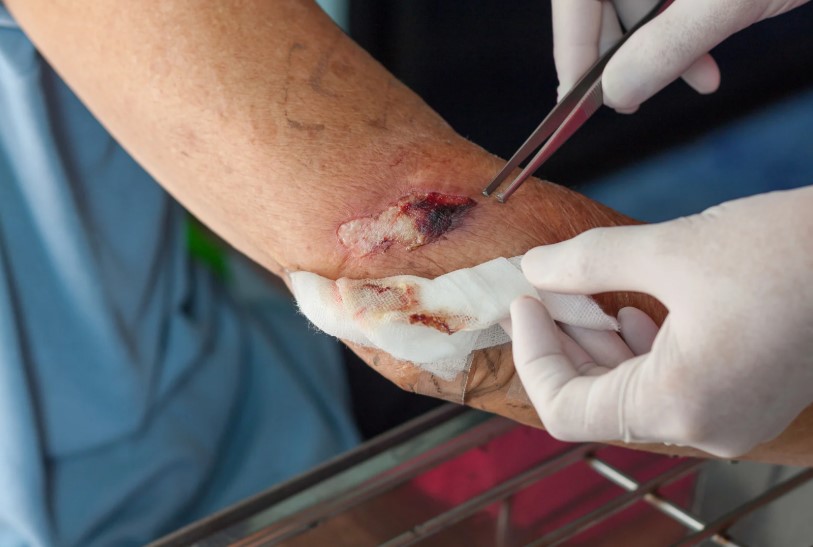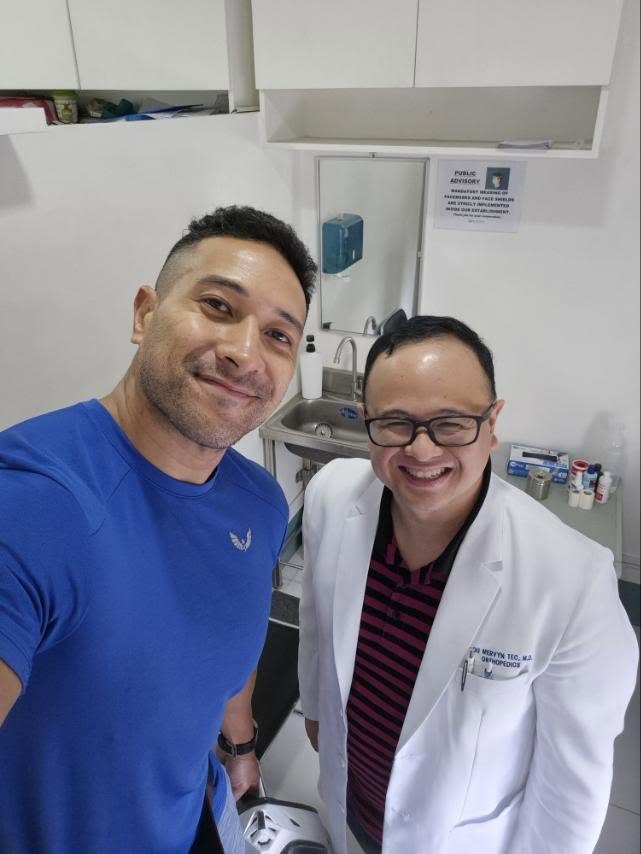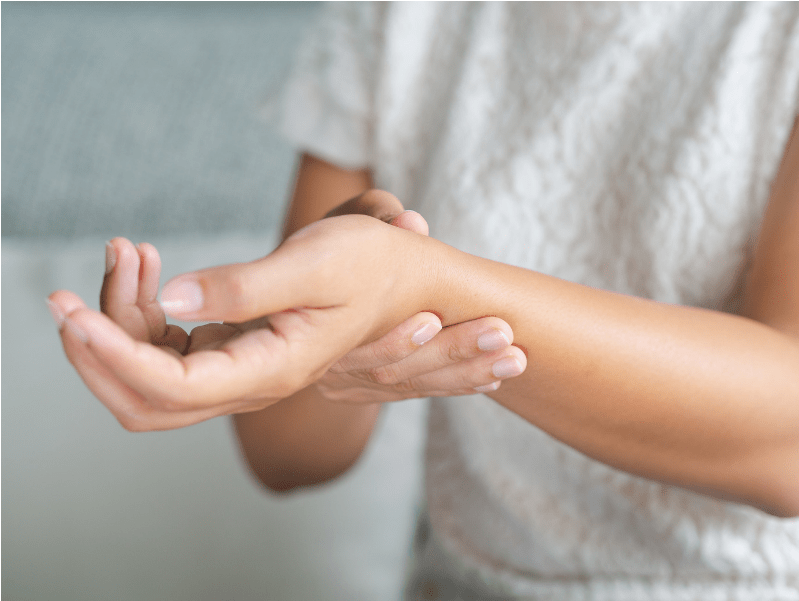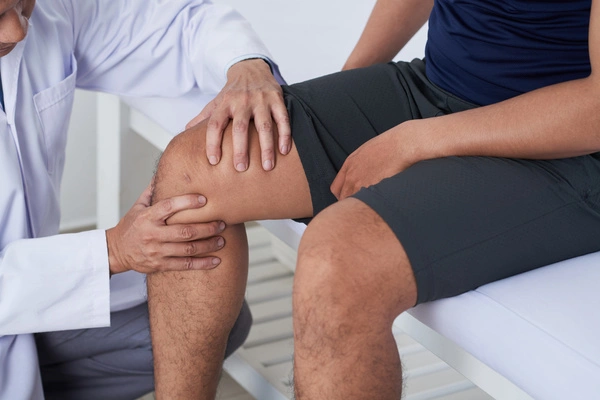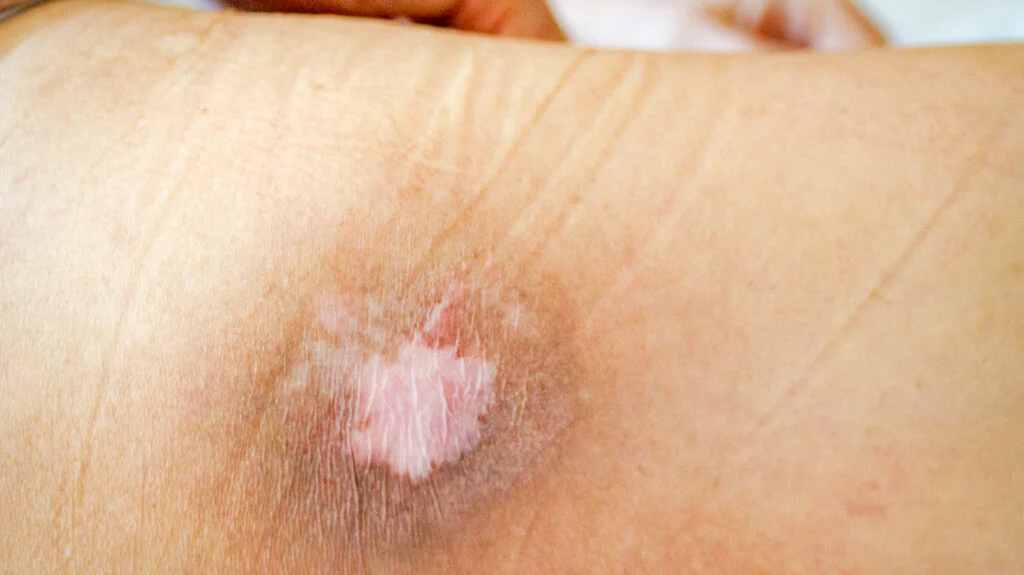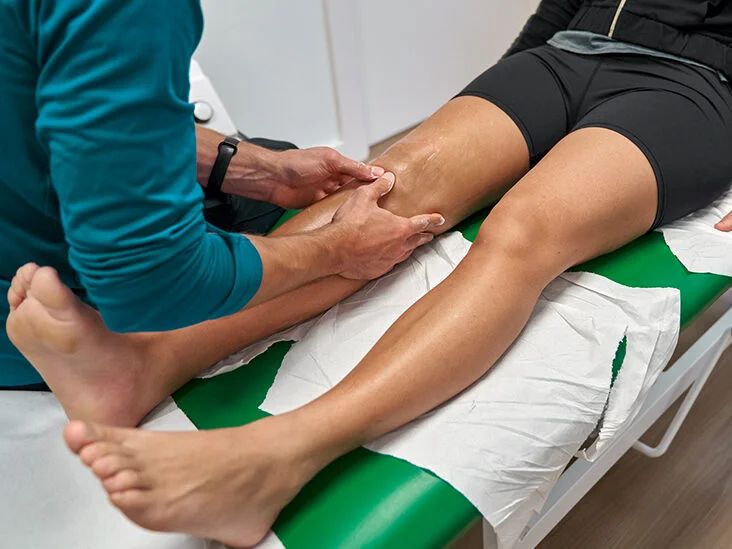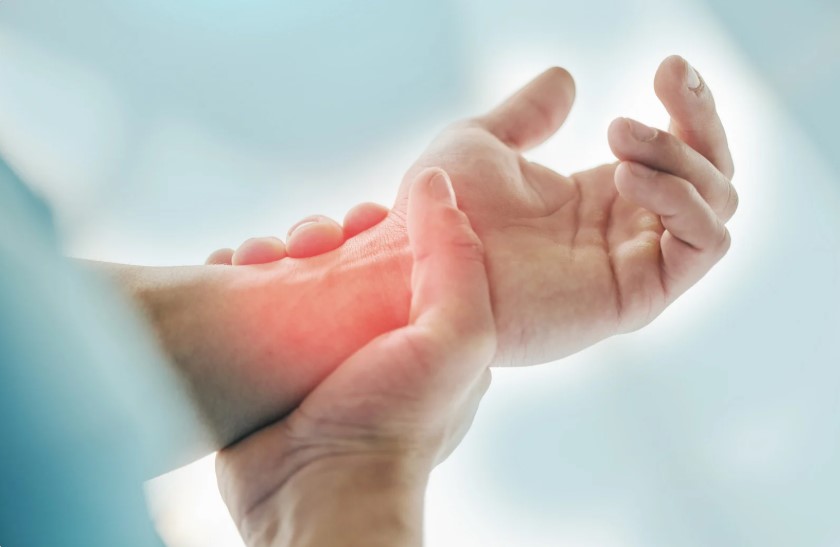Burn wounds are some of the most painful and complex injuries that people can experience. While minor burns can often be soothed at home, serious burn wounds require specialized treatment and professional care. Many people still rely on quick home remedies like aloe vera, toothpaste, butter, or oils, believing these methods will help. However, when burns are severe, these remedies can actually make the situation worse. Effective Burn Wound Care is essential to prevent complications, reduce scarring, and save lives, and that’s where trusted professionals such as Kalingap Wound Care Clinic play a vital role.
Understanding Burn Severity
Burn wounds are categorized into different degrees, each with distinct characteristics. First-degree burns usually affect only the outer skin layer, causing redness and mild pain. These can often be managed at home with basic first aid. Second-degree burns are more serious, reaching deeper skin layers and leading to blisters, swelling, and intense pain. Third-degree burns are the most critical, destroying skin and tissue, often leaving areas numb due to nerve damage.
Recognizing the severity of a burn is crucial because it determines whether home remedies are enough or if urgent Burn Wound Care is required. A common mistake people make is underestimating the seriousness of a burn, delaying medical help that could save skin function and even prevent life-threatening complications.
Common Home Remedies and Their Limitations
Household remedies for burns have been passed down for generations, but not all of them are safe for serious burns. Aloe vera and honey may provide temporary relief for superficial burns, but they cannot protect against infection in deeper wounds. Applying toothpaste, butter, or oils can actually trap heat inside the burn and worsen tissue damage. Ice water, another common solution, can cause further injury by reducing blood flow to already damaged skin.
These approaches highlight the danger of depending on home methods for anything beyond a very mild burn. Effective Burn Wound Care requires sterile, clinically approved treatments that prevent infection, promote healing, and reduce the risk of permanent damage.
The Dangers of Relying on Home Remedies for Serious Burns
One of the most significant risks of using home remedies for serious burns is infection. Burn wounds often leave raw tissue exposed, making it easy for bacteria to enter. Without professional Burn Wound Care, the wound can quickly become infected, leading to swelling, pus formation, fever, and in severe cases, sepsis.
Another danger is excessive scarring. Without proper medical intervention, burns may heal poorly, leaving thick, raised scars that can affect movement and appearance. Delayed treatment can also increase the risk of dehydration from fluid loss, nerve damage, or even loss of limb function if the burn is extensive. These dangers underline why serious burns require immediate medical intervention rather than home remedies.
Why Professional Burn Wound Care is Essential
Modern medicine offers advanced solutions that go far beyond what household remedies can achieve. Professional Burn Wound Care includes sterile wound dressings, topical ointments that prevent infection, antibiotics, pain management, and in severe cases, skin grafts. Techniques such as negative pressure therapy and advanced wound dressings help wounds heal faster and with less scarring.
By turning to experts like Kalingap Wound Care Clinic, patients gain access to proven treatments that not only address the burn itself but also protect overall health. Professional care ensures proper cleaning, moisture balance, and monitoring for complications, all of which lead to better long-term outcomes.
When to Seek Immediate Medical Help for Burns
Not all burns can or should be treated at home. Some clear warning signs that you need immediate professional Burn Wound Care include:
- Burns larger than the size of your palm
- Wounds that appear deep, white, charred, or numb
- Burns located on sensitive areas such as the face, hands, feet, or groin
- Any sign of infection such as pus, foul odor, swelling, or fever
Seeking prompt treatment at a reputable clinic such as Kalingap Wound Care Clinic can mean the difference between quick recovery and lifelong complications.
How to Safely Manage Minor Burns at Home
While serious burns require professional Burn Wound Care, minor burns can sometimes be managed at home with caution. The best first step is to run cool (not ice-cold) water over the burn for 10–20 minutes. This helps reduce pain and stops the burn from worsening. Covering the burn with a clean, non-stick bandage can also help prevent infection. For minor discomfort, natural options like aloe vera may provide relief, but they should never replace medical treatment for deeper burns.
The key is knowing the difference between minor burns and those requiring expert attention. Even when uncertain, it is always safer to seek advice from a Burn Wound Care specialist.
Takeaway
Home remedies may seem like quick solutions, but they are not enough for serious burn wounds. Proper Burn Wound Care is critical to prevent infection, minimize scarring, and ensure faster recovery. Choosing expert medical services like those offered at Kalingap Wound Care Clinic gives patients the best chance of healing without complications. When it comes to burns, never take chances—professional care is always the safest and most effective option.
Frequently Asked Questions
Can I put toothpaste on a burn?
No. Toothpaste can trap heat, irritate the skin, and increase the risk of infection. Always seek professional Burn Wound Care for serious burns.
What’s the best home remedy for minor burns?
Running cool water over the burn and applying aloe vera can provide relief for small, superficial burns. However, any burn that blisters or covers a large area needs medical attention.
How do doctors treat serious burns?
Burn Wound Care often includes cleaning the wound, applying specialized dressings, prescribing antibiotics, and in severe cases, performing skin grafts. Clinics like Kalingap Wound Care Clinic use advanced methods to promote healing.
How do I know if my burn is infected?
Signs of infection include increased redness, swelling, pus, foul odor, or fever. These require immediate professional Burn Wound Care.
Is aloe vera safe for burns?
Yes, aloe vera can soothe minor burns, but it should never be the only treatment for deep or severe burns. Always consult a wound care specialist for anything beyond a mild injury.

